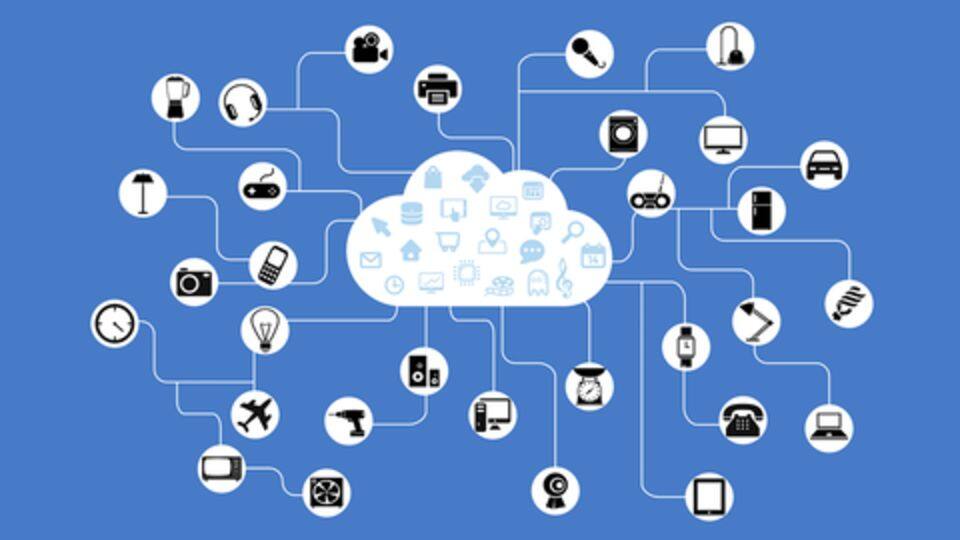
Scientists develop printable film that can power Internet of Things
What's the story
A team of scientists from Finland, including one of Indian origin, has developed a thin film that is printable and might help power the Internet of Things (IoT).
The organic film has been designed to be used in "neuromorphic" computers that are computer systems inspired by the human brain.
Here is more on these high-tech miniature films.
Details
The film can be used in silicon chips of electronics
According to the journal Advanced Functional Materials, the new breed of this few-nanometers-thick ferroelectric film has supreme abilities that align with energy-efficient and stable neuromorphic computing.
Its junctions can work with several electrode materials including silicon that is usually used in electronic chips.
The film can also retain data for over a decade without power.
Context
The thin film can power IoT for increased efficiency
Keeping all of this in mind, the new film seems perfect to power Internet of Things that usually need miniaturized components and chips that can deal with huge quantities of data, researchers said.
Notably, the current transistors in computer chips have to be miniaturized to only a few nanometers, and they consume huge amounts of energy to analyze and store unprecedented quantities of data.
Background
Neuromorphic computers mimic the biological brain: Researcher
Sayani Majumdar, one of the researchers from the Aalto University in Finland, said on "neuromorphic" computers, "The technology and design of neuromorphic computing is advancing more rapidly than its rival revolution, quantum computing."
"The key is to achieve the extreme energy-efficiency of a biological brain and mimic the way neural networks process information through electric impulses," she added.